
Hu Jintao’s Visit to Austria Meets with Protests
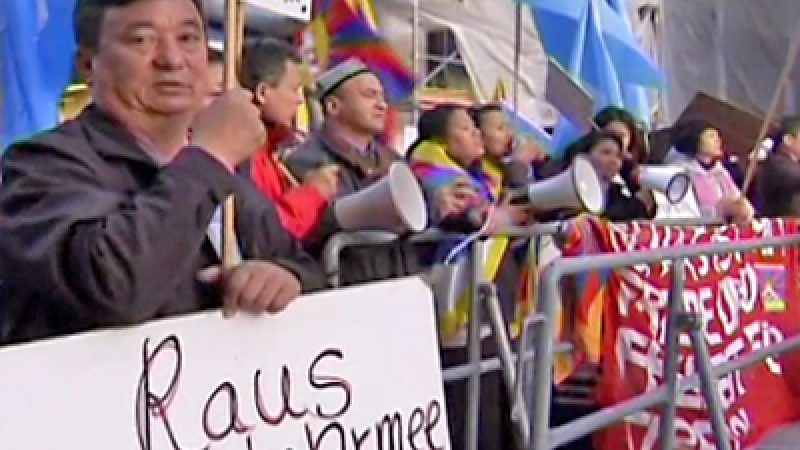
Chinese leader Hu Jintao wraps up a two-day state visit to Austria, ahead of a G20 meeting in France later this week.
The visit, punctuated by human rights protests, comes as European leaders appeal to China to invest in European government bonds and the debt-stricken region’s financial stability fund.
After Monday’s political talks in Vienna, Hu and his wife spent Tuesday sightseeing in the city of Salzburg.
During the visit, the Chinese leader’s 160-member entourage ran into various human rights protests.
[Tseten Zöchbauer, Founder, Austrian Tibet Association]:
“We are speaking for our people, who have no right to speak and when they say what they think they risk their lives. And today is really special because since yesterday Hu Jintao, the President of China, is a guest of honor in Austria and that is something unacceptable.”
Also protesting were supporters of Falun Gong, a spiritual group the Chinese regime has been persecuting since 1999.
[Yong Wang, Chairman, Falun Dafa Association of Austria]:
“It’s a great concern of ours that Austrian politicians — especially the Austrian President Heinz Fischer and of course every Austrian politician — that they don’t forget about the Falun Gong practitioners in China, how they suffer, how the people in China suffer and that they step forward to really campaign to stop the persecution in China immediately.”
A group of Uyghur protesters were also there, demanding fair treatment for Uyghur minorities.
[Askar Chan, Vice President, World Uyghur Congress]:
“Economic trade should be predicated on human rights and in their meetings they should openly talk about this. Human rights and the dignity of man should always be in the foreground.”
Hu’s visit to Austria is the first by a General Secretary of the Chinese Communist Party in 12 years and comes as Beijing and Vienna celebrate 40 years of diplomatic ties.
NTD News, Austria.
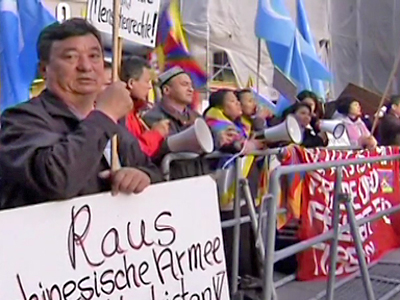 Foto: NTD
Foto: NTD












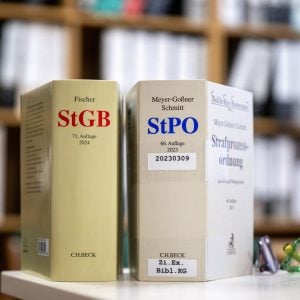

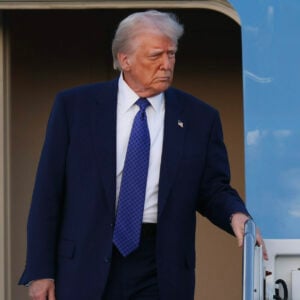

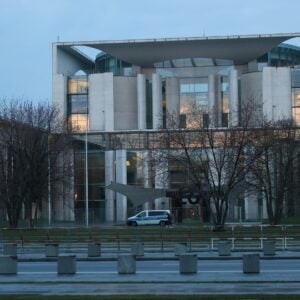



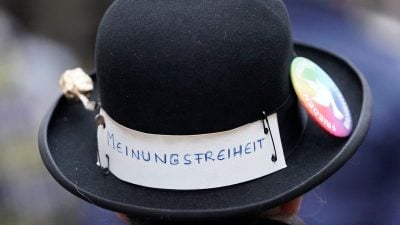
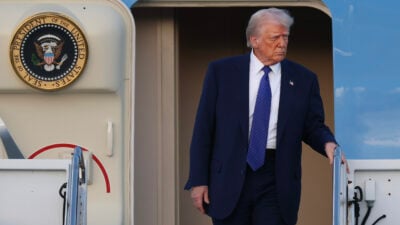
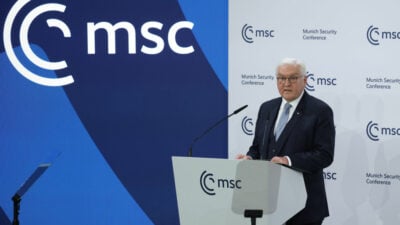


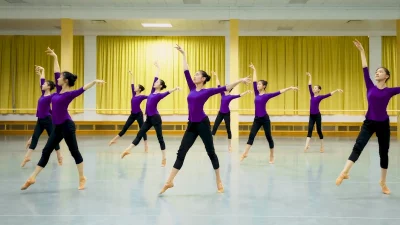
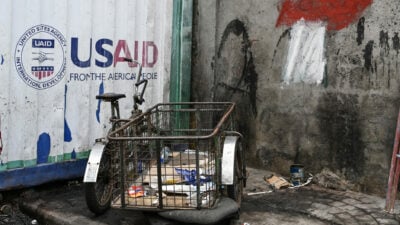
vielen Dank, dass Sie unseren Kommentar-Bereich nutzen.
Bitte verzichten Sie auf Unterstellungen, Schimpfworte, aggressive Formulierungen und Werbe-Links. Solche Kommentare werden wir nicht veröffentlichen. Dies umfasst ebenso abschweifende Kommentare, die keinen konkreten Bezug zum jeweiligen Artikel haben. Viele Kommentare waren bisher schon anregend und auf die Themen bezogen. Wir bitten Sie um eine Qualität, die den Artikeln entspricht, so haben wir alle etwas davon.
Da wir die Verantwortung für jeden veröffentlichten Kommentar tragen, geben wir Kommentare erst nach einer Prüfung frei. Je nach Aufkommen kann es deswegen zu zeitlichen Verzögerungen kommen.
Ihre Epoch Times - Redaktion